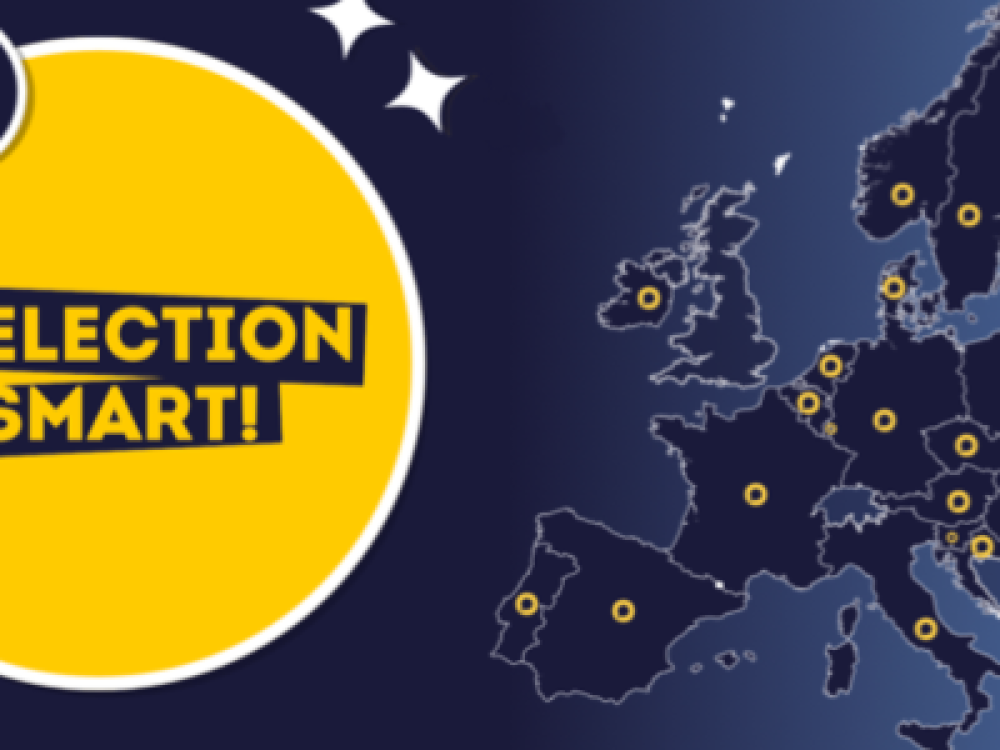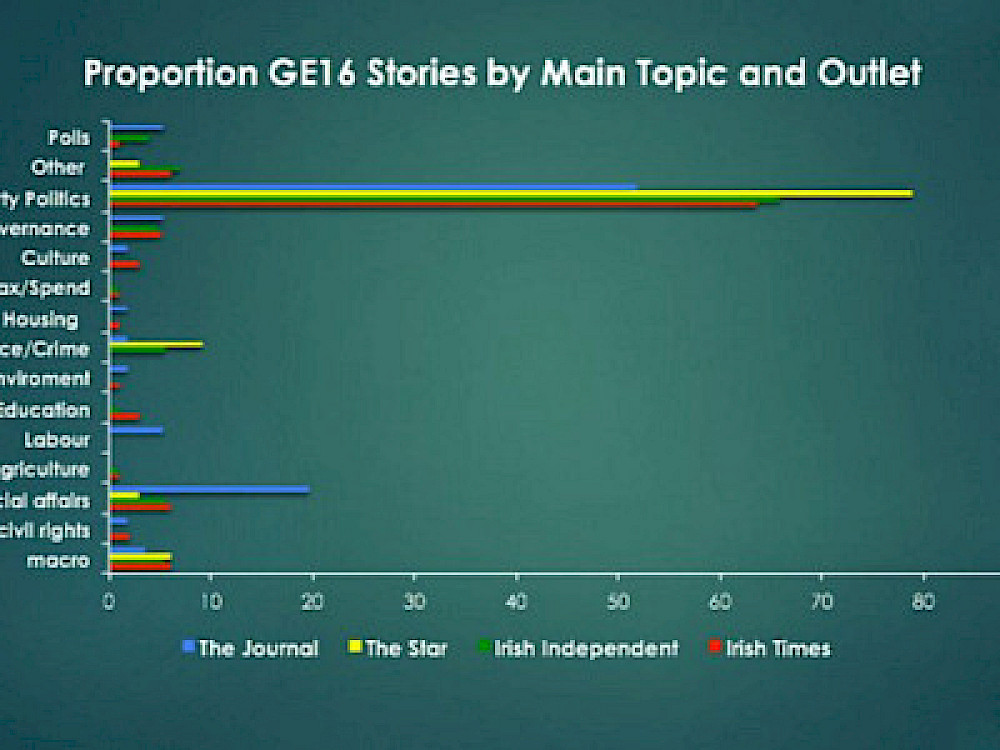When Enda Kenny used Twitter to announce the date of the next general election, he appeared to confirm what political pundits have been telling us for months: GE16 will be the “social media election”. Although similar predictions were made prior to previous elections, the media landscape really is different this time.
For one thing, social media are no longer a side-show to traditional print and broadcast news. The circulation of Irish newspapers continues to fall while daily use of social media continues to rise. The old routine of reading a specific newspaper has been replaced with social browsing and, as a result, news publishers are increasingly reliant on platforms like Facebook for audience reach. With the global platforms dominating information distribution, publishers and politicians alike are competing for your social media time in this election.
For politicians, social media offer clear advantages over traditional news. They can communicate targeted messages without the filtering of a journalist and they can seem relevant to a younger population by tapping into the disposable culture of likes and shares.
In this media world, Gerry Adams provides updates on his teddy-bear to over 99,000 Twitter followers and Mick Wallace emphasises that what Enda Kenny says “ain’t the fucking truth” in a techno-driven campaign video.
More seriously, social media give the candidates and parties a platform that be hyperlocal and national at the same time and the independents and small parties can articulate their policy positions without being cast as “also running” media side-stories.
So if this is to be a social media election, what can we expect from journalism?
Reporting the Horse-Race
Journalists are uniquely placed to interrogate the reality behind political spin and deception. Thankfully, we have a number of great journalists to carry out this important public service. Once an election begins, however, the normal functioning of the news media changes. They enter election mode – a giddy state of intense activity and competition between outlets.
A prominent, and largely accurate, criticism of the news media’s election coverage is that democratic politics is reduced to a horse-race. Informative news about policy and governance is side-lined by speculative news about media performance and the competition for public perception.
The burning questions of the day reflect a curious interest in collective emotional psychology: are people ready for Sinn Féin in government? Have people forgiven Fianna Fáil? Is Joan Burton a likeable leader?
These are pivotal questions for the PR professionals and strategists employed by political parties. Their relevance for voters isn’t that obvious. Yet, by persistently asking such questions, journalists transform the very real issues which shape and occupy our lives into a PR game of perception.
The fascination with reporting and analysing opinion polls is the most obvious example of this. Even though polls are notoriously unreliable and arguably undermine the democratic process, the media persist in reporting each poll as though it were a consultation with the Oracle at Delphi. Fine Gael were up two but are now down four - what does it mean?
In terms of election coverage, social media add a new and exciting stage to the horse-race. The predominant idea that communicating with the public is a competition to be won and lost is very clear from the language used. To isolate two examples, NewsTalk analyse “Which #GE16 candidates are winning on social media so far?” while thejournal.ie summarise that Sinn Fein are “absolutely trouncing the rest in the social media battle”.
It’s like those morning after discussions about the TV election debate where a round-table of pundits wonder “who performed best?” Social media, lets the pundits ask this question every day.
Digital media have allowed journalists, researchers and civic minded individuals to create truly useful tools for citizens seeking to engage with the democratic process. However, on the whole, it seems that the revolution of online communication is presented to us as simply a new way to engage with the political horse-race rather than a new way to bring transparency and depth to the democratic process.
With a race to be one, it’s almost quant to think that GE16 is about electing a government to enact polices that will shape our daily lives.
GE16 Tools and Resources.
Subscribe to FuJo's Newsletter.





